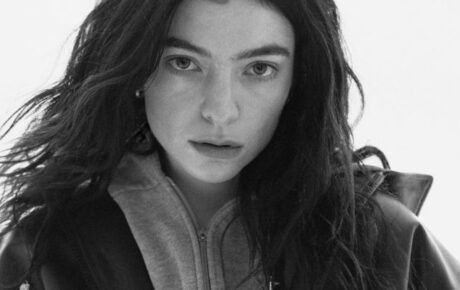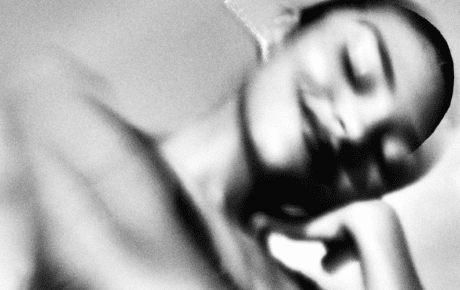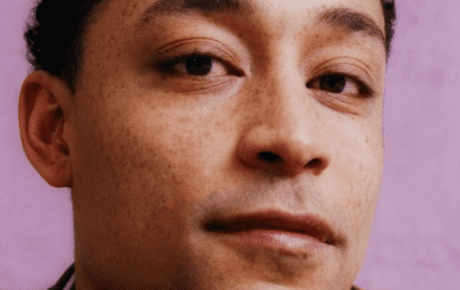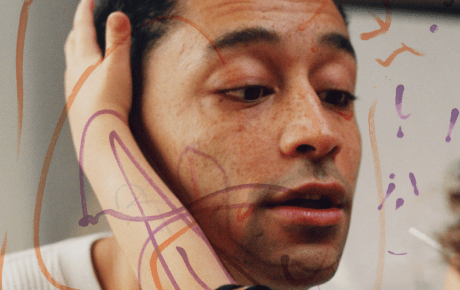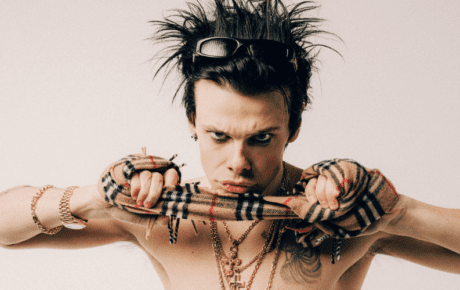In his 36 years of life, Bob Marley set out to do one thing: change the world. It wasn’t an easy task, but it was one that required the right kind of leader. Someone who could visualise a better future and turn the struggles he had lived through into mass media entertainment.
Now, the legend of Bob Marley lives on almost 40 years after his death. His songs on religion, spirituality, politics and poverty ring truer than they’ve ever been and it’s easy to hear his ska and reggae influence on modern music. In honour of the incredible Kaya celebrating its 42nd anniversary, we list 10 of the best Bob Marley protest hits that remain powerful today.
Get Up, Stand Up (Burnin’, 1973)
The 1973 hit that was released under Marley’s band The Wailers just might be the most popular protest song of all time. Its simple and catchy chorus digs the message to stand up for your rights, whatever they may be. Written after Marley visited Haiti and became moved by their extreme poverty, ‘Get Up, Stand Up’ is a powerful song made for the people. And the fact that it can latch itself onto any movement in any era is a testament to its greatness.
Redemption Song (Uprising, 1980)
The legacy of this track lives on stronger than anything Marley has ever made. It’s been covered by artists more than 35 times and has gone down as one of the greatest songs of all time. An acoustic piece that sees no sign of his trademark reggae, Marley wrote ‘Redemption Song’ after he had been diagnosed with the cancer that would take his life. Its hollow and echoing nature finds Marley at his most confessional, dealing with his mortality and reinforcing his life purpose of creating songs that help spread the message of the oppressed. In his final efforts, Marley is still asking all believers to fight for their future. His time might be up, but there’s still so much more to do.
SEE MORE: The Story Behind Bob Marley’s “Redemption Song”
I Shot the Sheriff (Burnin’, 1973)
In 1973, Marley penned a track about justice and police brutality and in 2020 the same themes ring true. The narrative of ‘I Shot the Sheriff’ sees a fantasy of killing a corrupt cop, with the narrator claiming to shoot him in self-defense. In light of the #BlackLivesMatter movement, this song couldn’t be more relatable to our modern world. But if it shows anything, it’s that we really haven’t improved on the issues at all.
TRENDING NOW
Muroki – ‘Introducing’
War (Rastaman Vibration, 1976)
With lyrics almost entirely derived from a speech Ethiopian Emperor Haile Selassie presented to the United Nations in 1963, ‘War’ serves the message of racism, classism and poverty. But while it draws its inspiration specifically from the struggles in Africa, it’s a message that can relate to any minority group that feels inequal. Until everybody is equal, Marley assures, there will always be war.
Them Belly Full (But We Hungry) (Natty Dread, 1974)
Quite simply, this track is a warning on allowing a nation’s poor to go hungry. Marley is insisting that if the poor keep getting poorer, they will one day band together and revolt. The line “a hungry mob is an angry mob” shows the anger behind not only being denied the food that the rich get so much of, but basic human rights. ‘Them Belly Full’ is a perfect reflection of classism and sadly isn’t too far from the truth today.
Concrete Jungle (Catch A Fire, 1973)
The struggles of life in his home of Jamaica was a topic Marley was trying to push out as much as possible. ‘Concrete Jungle’ touches on the extreme poverty of Kingston, Jamaica and the reality of never truly feeling freedom while living there. Marley references his cultural heritage with the line “no chains around my feet but I’m not free, I know I am bound here in captivity” while also delivering the realisation that because of that cultural heritage, he’ll never be able to live the life he really wants. Marley begs us to help third world countries grow so the people living in them can fly.
Revolution (Natty Dread, 1974)
Following the same themes of ‘Get Up, Stand Up,’ Marley is calling on his believers to start a revolution and fight for their rights. “It takes a revolution to make a solution,” he sings, feeding the idea that if we want things to change, we must fight to make it happen. It seems a fitting track for not only racism movements but the #metoo movement as well. In our modern society, it’s just as important to fight for what we believe in.
Crazy Baldhead (Rastaman Vibration, 1976)
Rastafarian dreadlocks are a proud symbol of rebellion against western cultural norms, providing the appearance of authority and ownership of true Rastafarian identity. In ‘Crazy Baldhead,’ Marley is warning those who do not have dreads that they are outsiders and therefore unwanted in Jamaica. He’s also referring to the KKK and other white supremacist movements, showing the clear divide between him and them and the problem of racism that is yet to be solved.
Buffalo Soldier (Confrontation, 1983)
Released posthumously, ‘Buffalo Soldier’ became one of Marley’s most popular hits. It references the African American soldiers, dubbed Buffalo Soldiers for their ‘dark, kinky hair,’ who fought in the Civil War and were then ordered to fight Native Americans. Marley saw the injustice of two minority groups fighting one another and penned the track to reference the soldiers fight for survival and black resistance.
Real Situation (Uprising, 1980)
Probably timelier than ever, this track looks at the broken leaders of the world and finds that the only way to fix things is to strip them all of power and start fresh. “Well, it seems like: total destruction the only solution. And there aren’t no use: no one can stop them now,” Marley sings, reinforcing the idea that those who lead us are corrupt and it’s more important than ever to rebel and make a change.
https://open.spotify.com/playlist/37i9dQZF1DWXOFzblTbKAU?si=_RtLSINHQTCIvoHCyjzO2w



